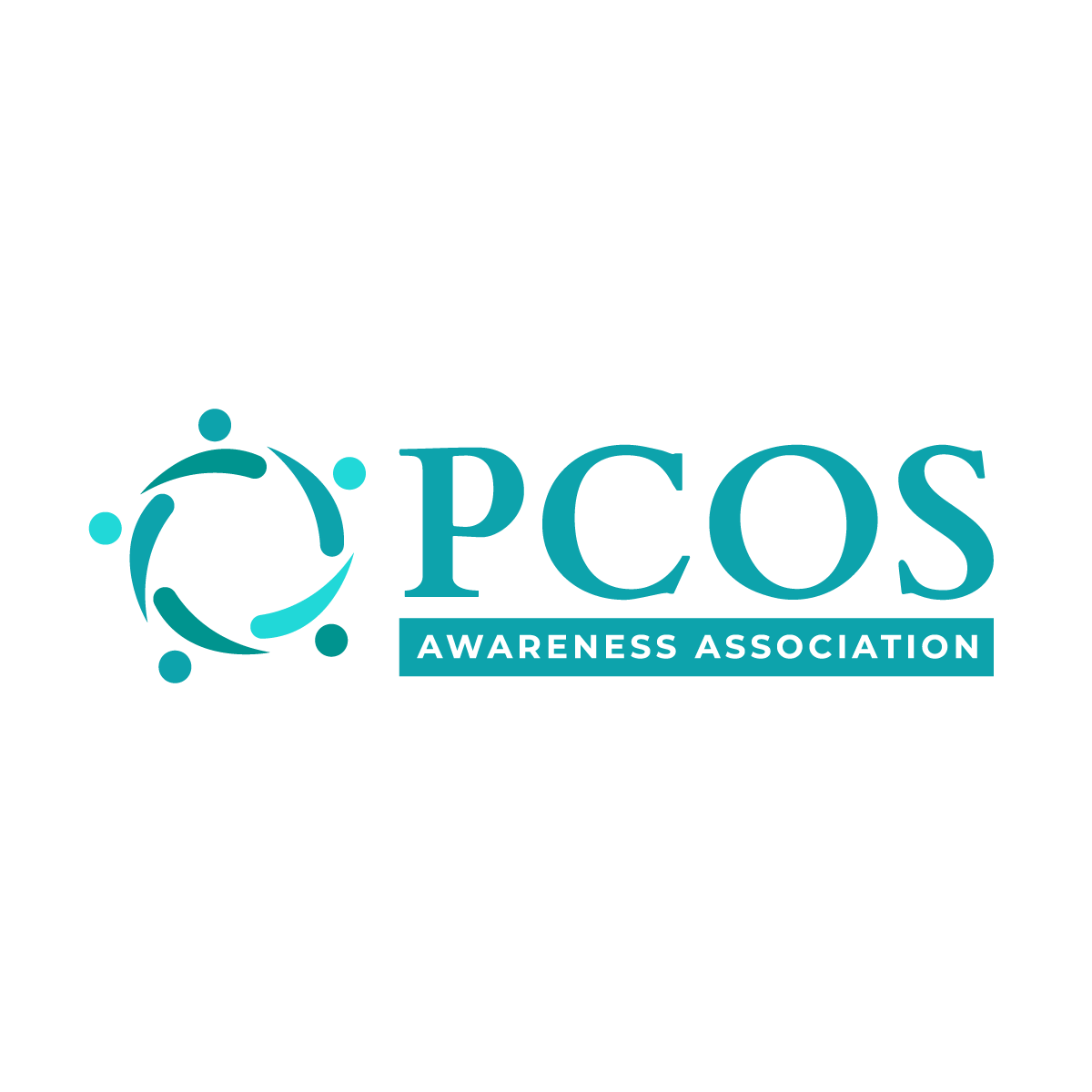PCOS Diagnosis
How is PCOS Diagnosed?
There is no one special test that can determine a PCOS diagnosis. Instead, doctors must rely on symptoms, blood tests, a physical exam, and sometimes a pelvic ultrasound to determine whether you have polycystic ovary syndrome – rather than another condition that can trigger similar signs and symptoms.
Your doctor will start by asking questions about your medical history of symptoms such as irregular or skipped periods, weight changes, hair changes, and acne.
While some women with PCOS have several telltale signs of this metabolic condition caused by multiple hormone imbalances, others may have just two or three symptoms. It’s important to let your doctor know about any and all of the health issues and concerns you have been experiencing.
Medical History and Tests
Your doctor will also ask about your family’s medical history. Your doctor will check your weight and vitals and do a complete physical exam. A number of lab tests may be ordered including blood sugar and androgen levels. A sonogram may also be done to evaluate the ovaries.
These tests help to make a diagnosis of PCOS and exclude other causes for your symptoms. Doctors may be cautious about delivering a diagnosis for some women (especially those in their teens and early 20s) because symptoms like irregular periods, ovarian cysts, and acne can be a normal part of puberty.
Your primary doctor may also refer you to a hormone specialist, or endocrinologist, to help direct the workup needed to rule out other causes and confirm the diagnosis of PCOS.
An early diagnosis can help women with PCOS restore fertility, normalize their menstrual cycles, and protect against polycystic ovary syndrome-related risks for diabetes, heart disease, and endometrial cancer.
Three Defining Signs of PCOS
● Irregular menstrual periods caused by a lack of ovulation or by irregular ovulation. Periods more than 35 days apart are a strong sign of ovulation problems.
● Higher than normal androgen levels. Your doctor may look for physical signs of high levels of testosterone – excess hair, male-pattern hair loss, and severe acne – or use the results of blood tests.
● Polycystic ovaries on pelvic ultrasound. Thanks to newer, more sensitive ultrasound equipment, experts say doctors should look for 25 or more cysts on a woman’s ovary to diagnose polycystic ovaries.
You can check the summary of the updated guidelines for more information.





